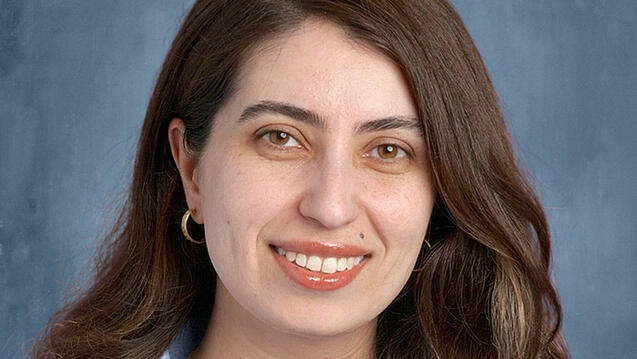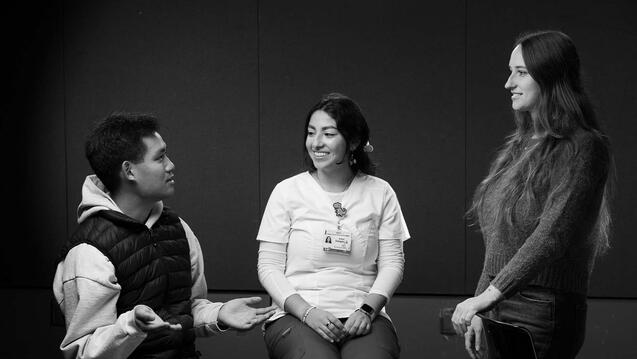“Dean of Big Data” Talks About How Data Can Humanize Business
“From a business perspective, big data is about business transformation,” Schmarzo said. “The big data business model is about how effectively your organization is leveraging data.”
Schmarzo pointed out that traditionally in business, data has been thought of in terms of the average consumer, but he said that this flawed model is disappearing as gathering and analyzing data is becoming the norm.
“Organizations that run their business on averages are missing the 50 percent of people who sit above that average and the 50 percent below it,” he said. “That’s a lazy way to run a business and there’s no reason in today’s world why we need to settle for average.”
Schmarzo discussed the elements of big data that help companies get to know their customers. He described many different examples of businesses he works with that gather as much information as possible, regardless of how small and insignificant it seems, just because there is a chance they might find something telling about their customers and their business.
He explained that most American businesses these days are not past the step of gathering that data yet, but the next element of using big data is implementing their organization’s key business processes. “These are the things that make organizations unique. These are the things that allow them to win in the marketplace,” he explained. “These are the things that they do that drive competitive advantage, and it differs from company to company. Some companies are really good at customer acquisition, some are really good at customer retention, some are really good at doing predictive maintenance and driving down operational cost. It’s the thing that makes them successful.”
In Schmarzo’s method, gathering all of the smallest bits of information about customers, their habits, their background and their lives can lead to an organization using that data to capitalize on better business processes. This is where, he said, students in the business world need to start thinking differently, independent of what their predecessors have focused on and analyzed.
Today it’s about economics, it’s about thinking differently about how we treat data. You’re going into a world where the data volumes are enormous. You have an opportunity to do things with data that people in my generation are having a hard time getting their heads around,” Schmarzo said. “I challenge you as business students to rethink that organizations have been taught to think cheaper, faster, smaller. They have not been taught to think different. And big data is about thinking different. The data is no longer a cost to be avoided, but an asset to be hoarded.”
Schmarzo pointed to a number of different types of data that students can begin to look at and mine for information: transactional data, unstructured data, real time analysis, and predictive analytics. All of this information combined can paint a big picture of individual customer habits and inform an organization of what to expect from their consumers.
“Those of you who use Netflix or Amazon, Pandora, things that deliver recommendations to you, they’re learning as much as possible about you,” he said. “They’re learning about what you like, what patterns you have. They’re watching what movies you rent. They’re watching how long you watch them. They’re mining, if possible, social media data. They use all that information to figure out what movie to suggest to you next. That’s all recommendations are, is how do I deliver insights to customers or to my front line employees that help them be more effective.”
Schmarzo hopes people think differently about the types of data they gather and use it in a mutually beneficial way, resulting in a more human approach to business.


